When Katy Gordon from Perthshire attended her routine smear test for cervical cancer in lockdown, she had no idea it would change her life.
Katy is one of a generation who remembers TV’s Jade Goody and how Jade’s death in 2009, aged just 27, led smear test attendance rates to soar.
But smear test uptake in Scotland has declined recently.
As new campaign #WeCan launches to make cervical cancer a thing of the past, Katy is urging others not to miss their ‘literally life-saving’ smear tests.
Here, Katy tells us how a smear test led to her cervical cancer diagnosis and difficult decision to have a hysterectomy at 35.
Katy, who lives with her partner Douglas in Blackford, says: “I got my normal smear test invitation in December 2020.
“Part of me was thinking ‘oh it’s a bit scary going into the surgery during a lockdown’.
“But I decided (thankfully now) to go ahead with it.
‘I didn’t think this would happen to me’
“A few weeks later I got a call asking me to go into Ninewells for a colposcopy (a test to take a closer look at the cervix).
“They put a dye on your cervix to show up cancerous or pre-cancerous cells. Apparently it lit up, so they knew something was wrong.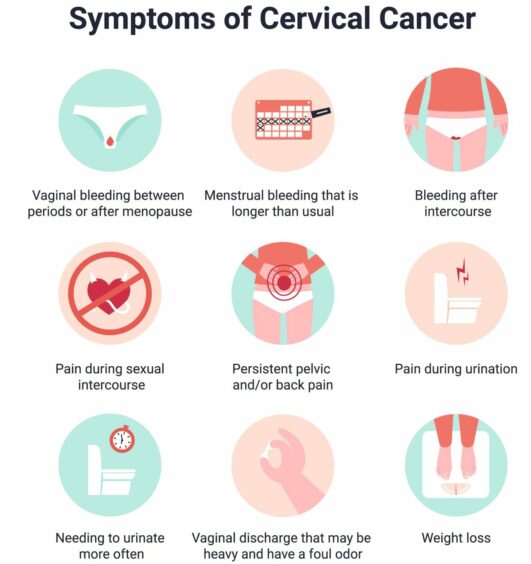 “Later, they took biopsies and did a Lletz procedure (where they burn off some cervix cells to test them for cancer).
“Later, they took biopsies and did a Lletz procedure (where they burn off some cervix cells to test them for cancer).
“People said to me ‘oh I had abnormal cells, it will all be fine’. So I thought OK, it doesn’t mean disaster necessarily.
“But I didn’t think this would ever happen to me.”
‘I was fine, no symptoms’
Stressful weeks of waiting for results followed for Katy, who works in publishing.
She was shocked when told it was cancer, as, other than erratic or painful periods, she didn’t have any signs: “I was completely fine, without symptoms.
“A nurse phoned and said ‘there are signs of an invasion’.
“I said ‘are you telling me I have cancer?’. She said yes,” Katy explains.
‘Would not having kids change things?’
“The hospital didn’t think the cancer had spread but were keen to move fast.
“Right from the start they were saying ‘how would you feel if you had to have a hysterectomy?’
“I was 35. I’ve no kids but always thought ‘if it happens, it happens’.
“I was three or four months into a new relationship and having to say to my partner, what happens if I can’t have kids with you, would that change anything?
“He said there are other ways, adoption or whatever, if we want in the future.”
Between February and June 2021 Katy had three more procedures.
Difficult decision
“They said we’ll see you in six months. But waiting for that check-up I was so worried. I didn’t know if they were going to tell me the cancer had come back.
“So in December 2021 I asked to be put on the waiting list for the hysterectomy.
“I just couldn’t stand the stress of maybe being told they’d have to do it anyway.”
Katy had a laparoscopic hysterectomy (womb and cervix removal) last March.
“It was robotic surgery and I was in for two days. I felt really good after it,” she says.
“Recovery time is shorter with robotic surgery.
“But I hit the wall a few times in terms of my mental health, dealing with having cancer.
‘I could have had it for 15 years’
“My family were really supportive and most of my friends rallied, asking what I needed and how they could help.”
Katie continues: “I’ve had the all-clear and the consultant doesn’t need to see me again.
“HPV (Human papillomavirus) is what caused the cancer. It’s most commonly transmitted during sex.
‘Smear tests are literally life-saving’
“I could have had it for 15 years without knowing. So the best way to prevent cervical cancer is to get the HPV vaccine and do not miss your smear test.
“If something feels not normal for you or has changed – bleeding, discharge or pain – get checked out.
“Even if it’s just for peace of mind – smear tests are literally life-saving.”
Katy joined Macmillan and Scottish Book Trust’s digital storytelling project, in which people affected by cancer tell their stories through video.
“There’s no way I’d have known I had cancer without that smear test,” Katy says.
“It’s uncomfortable but it can save your life. I was lucky.”
- For more information on smear tests and cervical cancer click here.
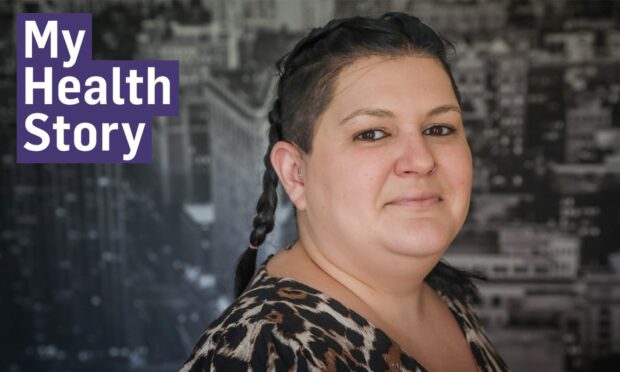
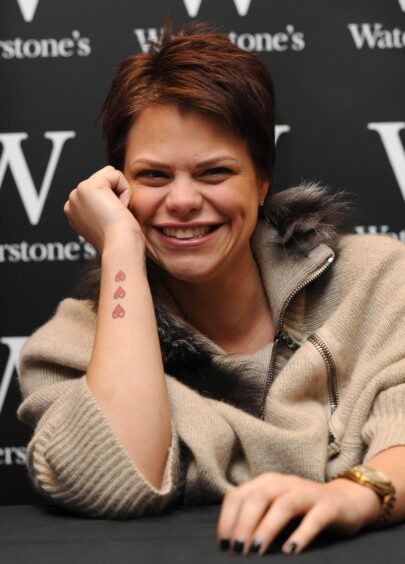
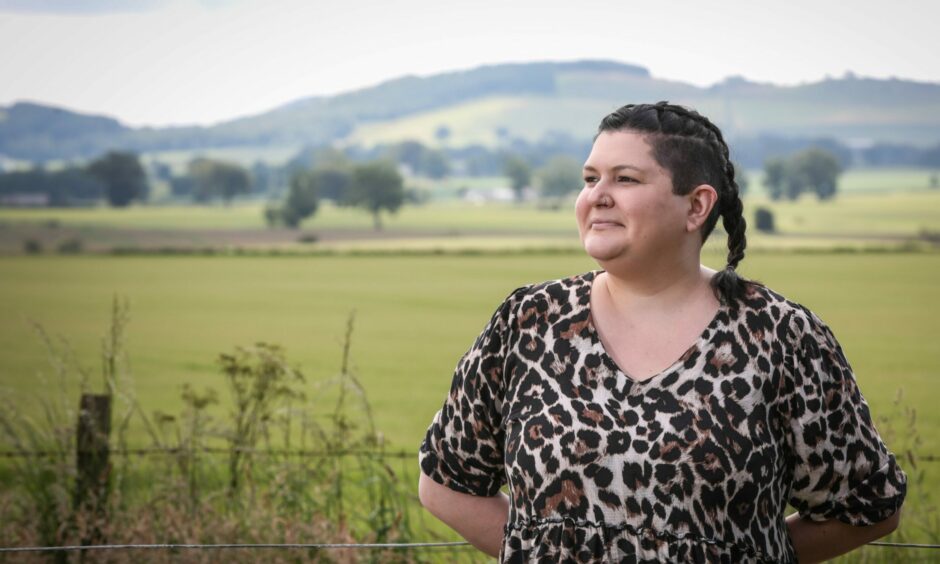
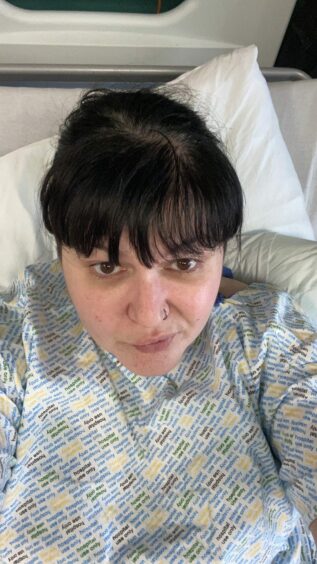
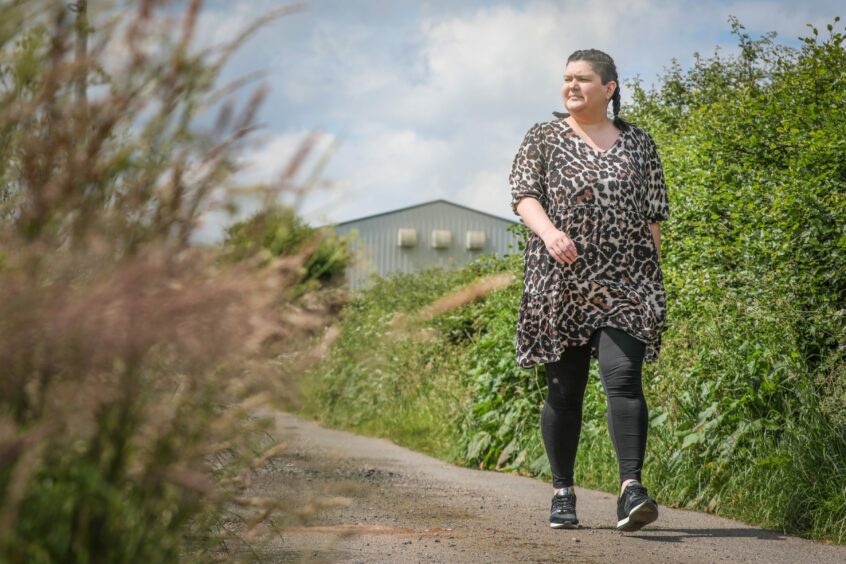
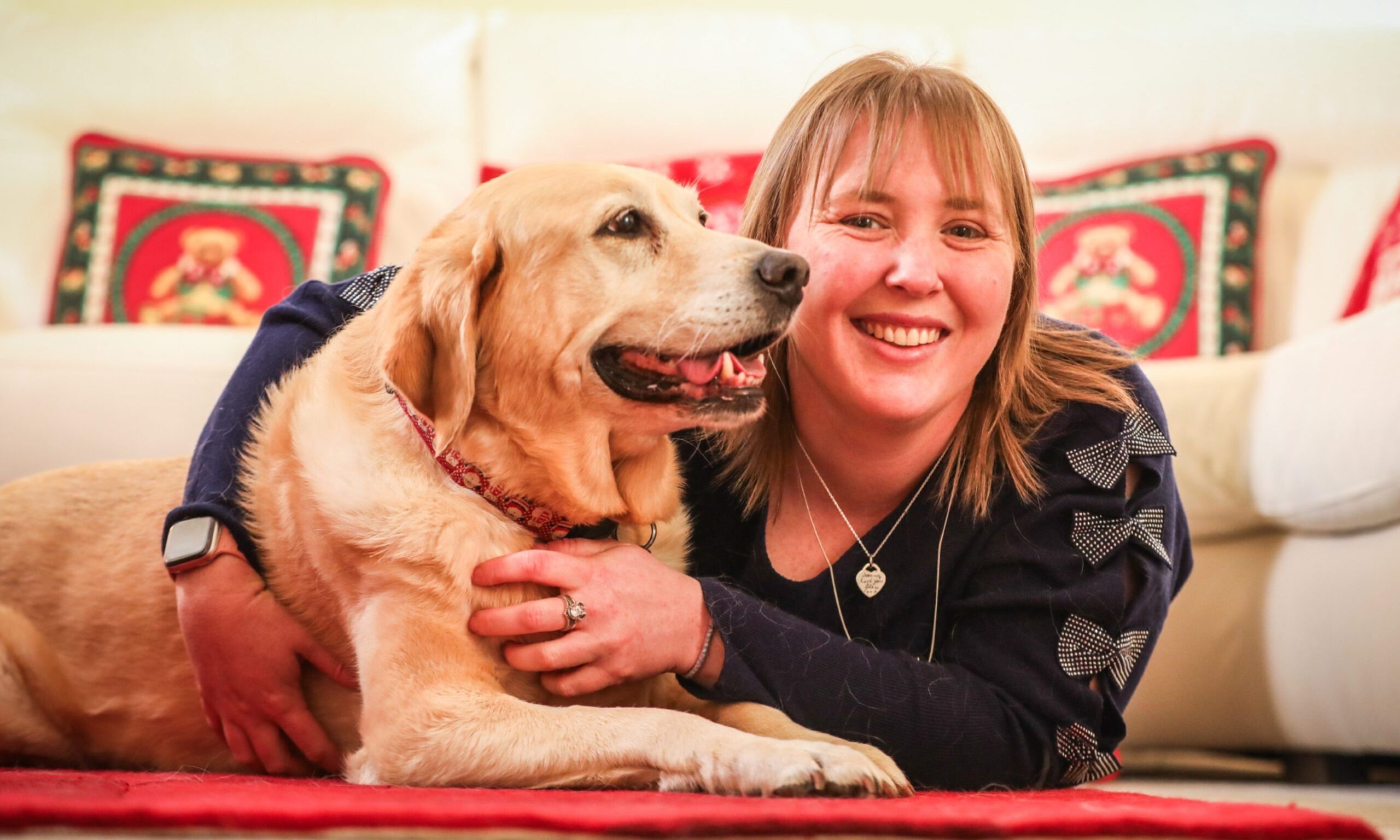
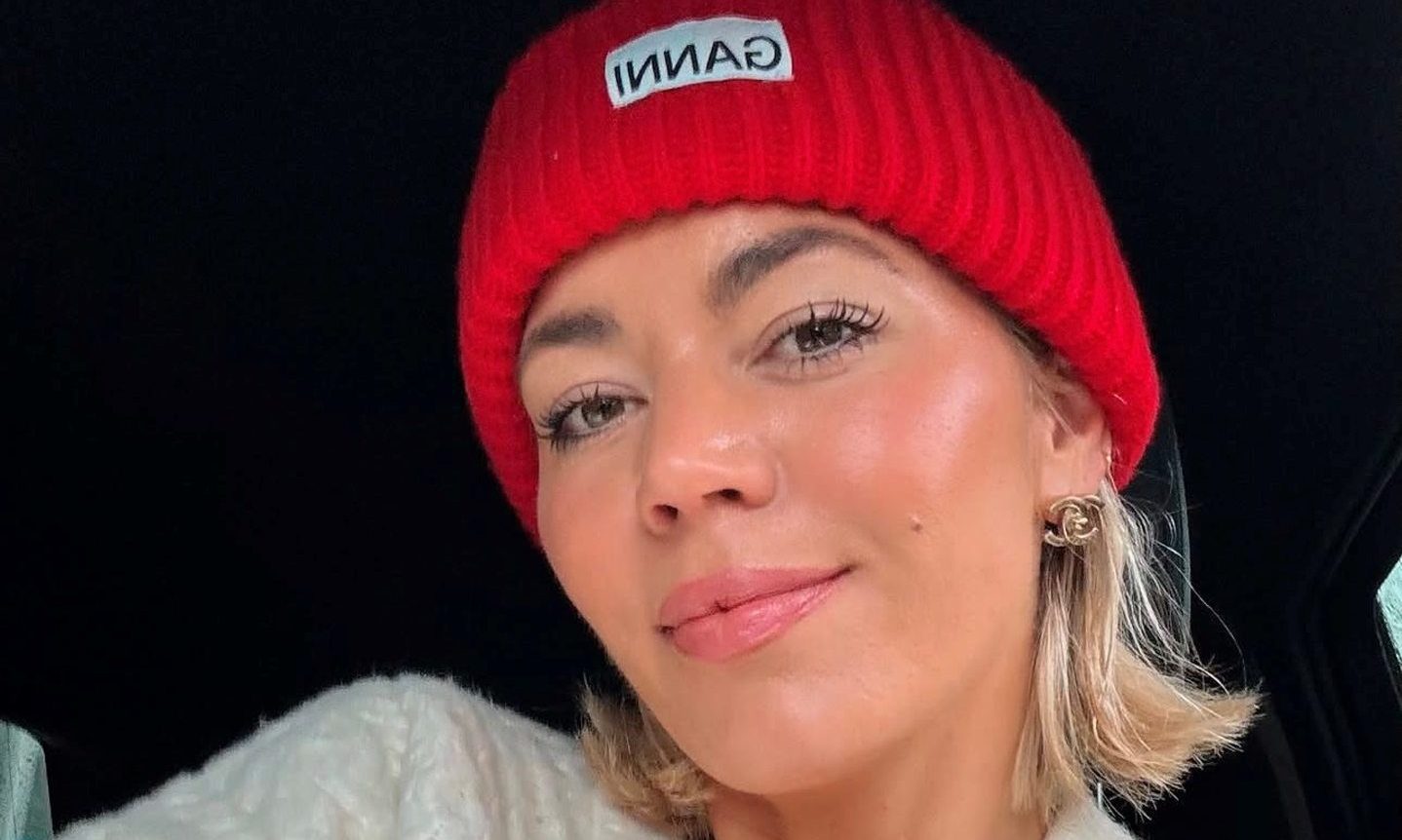

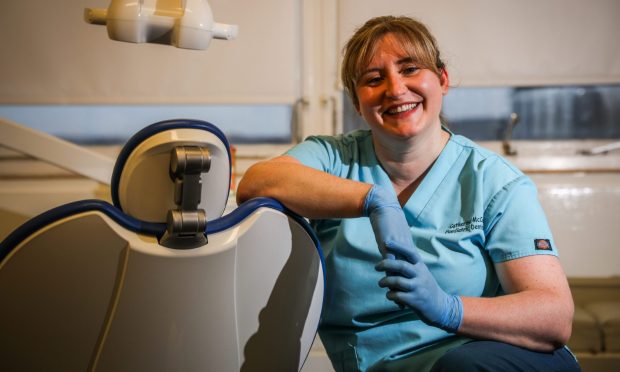


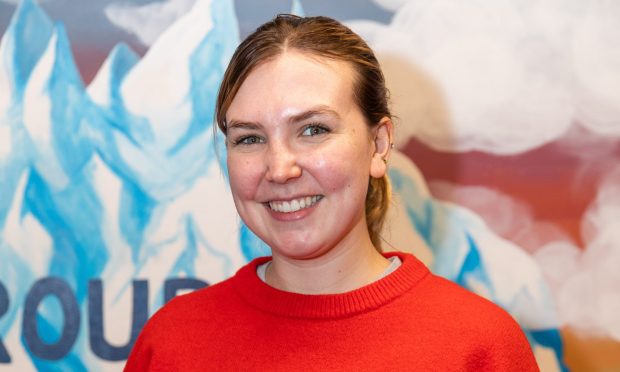
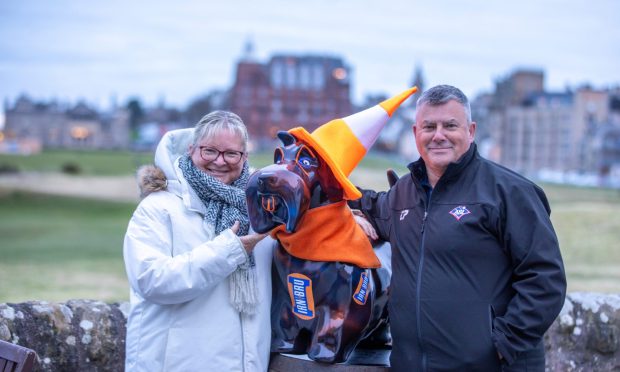

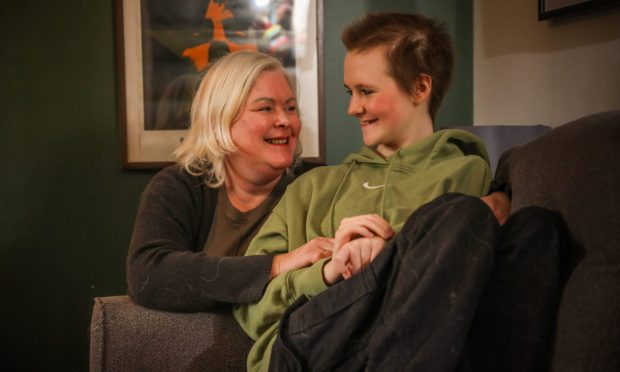
Conversation